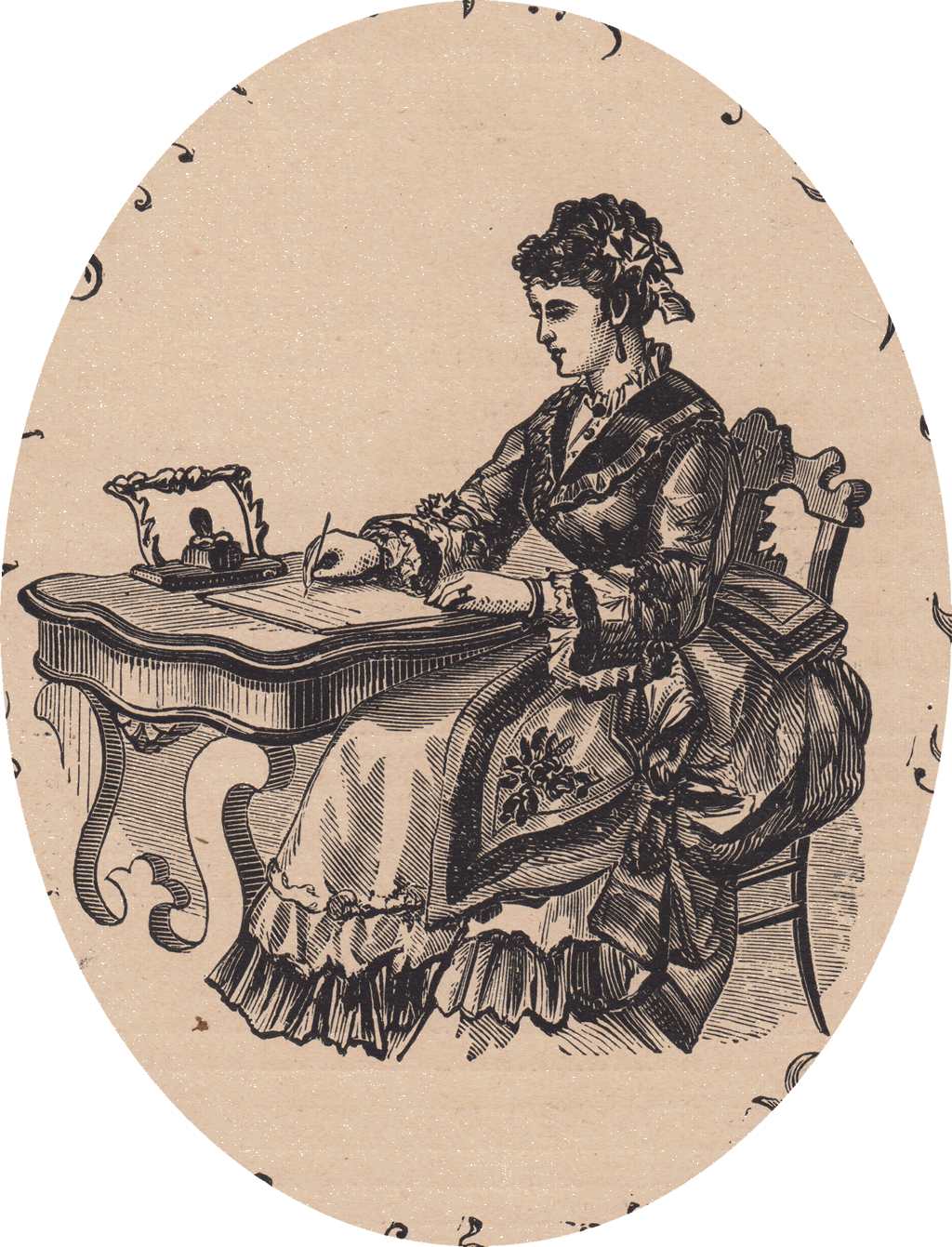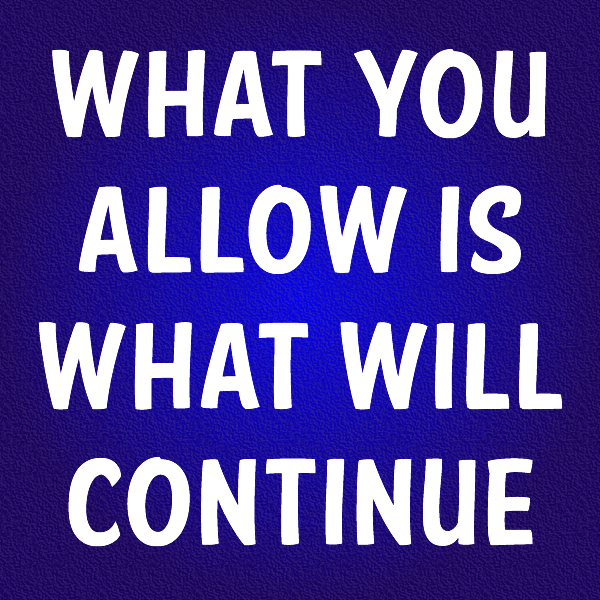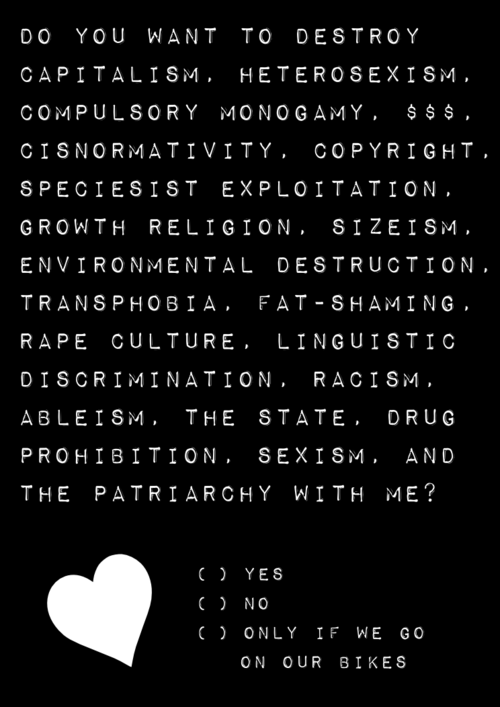On Giving Credit to Feminist Writers
Sady Doyle writes “For the Record” on sadybusiness:
…and I’m mad at the trend of anonymizing and erasing women who do feminist work, attributing every single fucking idea and cultural gain to vaguely defined “feminists” rather than the actual people who sat down, wrote the pieces, made deadline, and endured harassment over it, only to find themselves literally erased in the coverage.
I was also pissed off by the way that Patton Oswalt’s re-thinking of rape jokes — which was genuinely just great! I loved it! I was such a fan! — was reported as Patton Oswalt randomly birthing a beautiful brain-baby, in all but one or two outlets, one of which I actually worked for. (The other one was Entertainment Weekly, which was just bizarre.) Actually, that post was the result of years of activist work, not least by Molly Knefel, but also by Lindy West, Melissa McEwan (who called Oswalt out for re-enacting a rape in one of his comedy specials, and has not let up in the years since — I had more than a feeling that she was the “idiotic blogger” he referred to in his Tosh tweet), and a decade’s worth of women who have worked on changing this conversation. There have been people, writers, working on this for a long-ass time, says [that blogger]. [That blogger’s] feeling is that, since they’re women, and feminists, there’s a real drive to cast their voices as both amateur and illegitimate. This, in [that blogger’s] opinion, is a way to keep anti-sexism from ever comprising a crucial and accepted role in both cultural criticism and social interactions.
But they’re not remembered. Their names — like my name — are erased. Their work — like my work — is cast as the work of a collective.
Sady Doyle writing about the pernicious tendency to not give credit to women doing the difficult and unrewarding work of feminist writing, even while accepting and appropriating their thoughts and writing.
Having just read the Patton Oswalt piece where he rethinks his ideas about rape jokes, I’m so glad she made this point, because yeah, I was ready to take what he said as a complete win without considering that there were a lot of hard-working women who worked on changing his mind and none of those women got a shout-out in his piece. Or get a shout-out ever. Given the quality of Sady’s writing, she should have a much bigger profile than she does.
Erasing the individual women who’s writing has influenced thinking about women is flat out sexism, and unfortunately the ability to easily appropriate people’s work without attribution on the internet means that an entire generation of talented female writers is easily ignored.
I wish that Sady had a more permanent archival home on the internet than she does now – tumblr is too ephemeral for her writing and it’s hard to see the full record of her work, which is amazing, thoughtful stuff.



